Tesla and the Entire EV Market In Trouble After Toyota Announced a New “Engine Reborn”
Since its inception in 2003, Tesla has had its fair share of ups and downs. However, a new development in engine technology could put Tesla in trouble like it’s never been before.
Executives from big name auto manufacturers like Mazda, Toyota, and Subaru say they plan to focus their investments on fuel-based engines, specifically a new combustion engine, instead of the fully electric options. Which could mean big problems for Tesla in the coming years.
Toyota’s Announcement to Focus on Combustion Engines
Toyota is undeniably one of the biggest names in the automobile industry. In fact, in 2023, it outsold every other manufacturing company in the world with more than 11.23 million vehicles.

Source: iStock
So, when Toyota makes an announcement, the industry, as well as the rest of the world listens. The most recent proclamation, given by Toyota’s chief executive, Koji Sato, explained that the mega-company will be focusing on fuel-powered engines, not electric ones.
Toyota Has Built an "Engine Reborn"
Just a few weeks after the initial, somewhat vague proclamation that Toyota has turned its attention toward internal combustion engines, the company announced they had created “an engine reborn.”
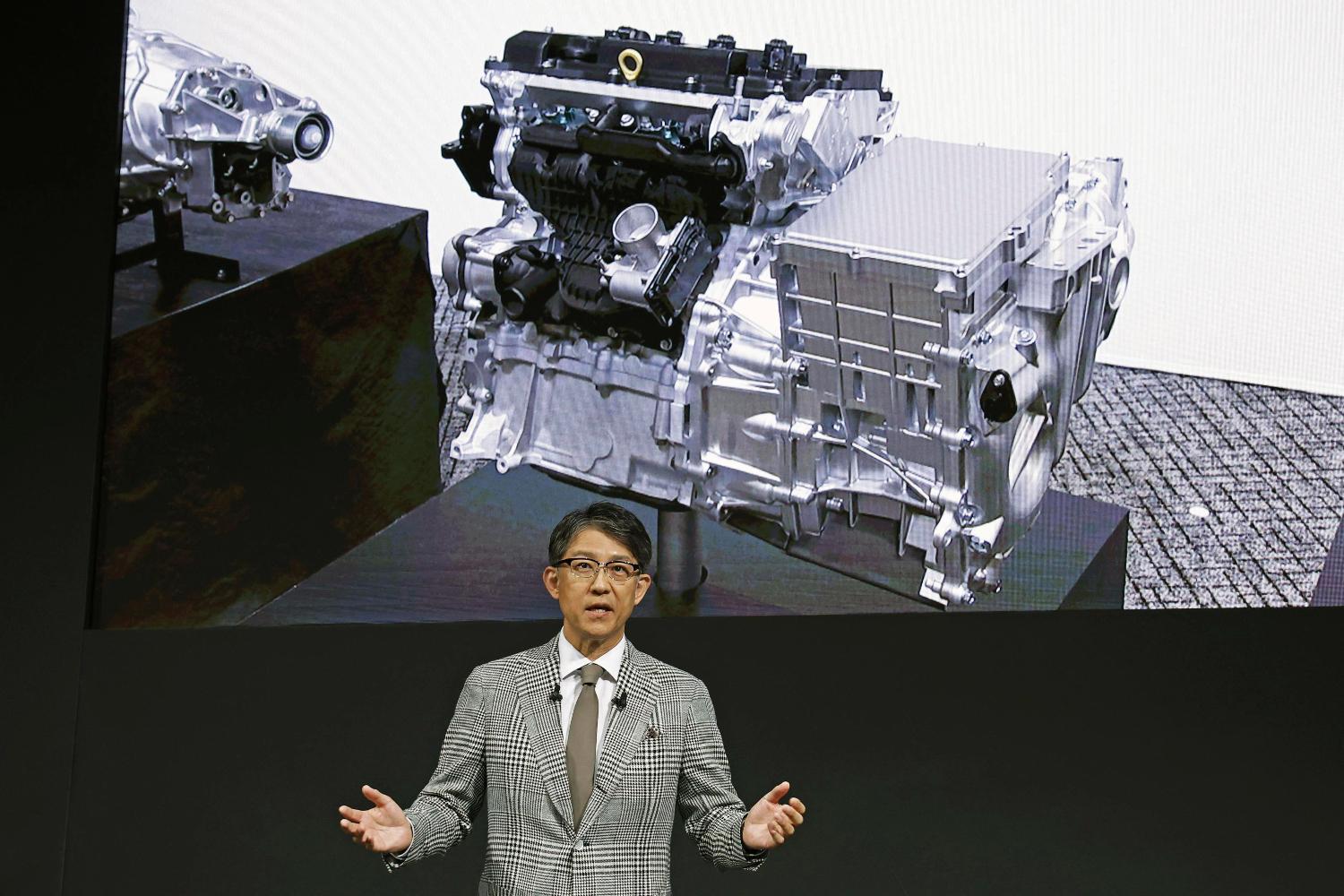
Source: @EVNews/Facebook
While the engine is built like a standard gas-powered combustion engine, it does not use gasoline. Instead, it is powered by either hydrogen or bioethanol.
Understanding the Difference: Combustion Engine vs. Electric Engine
An internal combustion engine uses some kind of fuel for power. Since 1860, when a Belgian engineer created the first gas-fired internal combustion engine, variations of the design have been used in almost every car ever made, though they have all used gasoline.

Source: @driving4answers/YouTube
That was, until engineers found a way to build electric engines. Instead of fuel, electric engines receive their energy from their batteries, which are charged through electricity. For years, many have argued that electric engines are the future, but now, since Toyota’s announcement, they’re not so sure.
A “New Role” for the Combustion Engine
Koji Sato, Toyota’s chief executive, explained, “In an era when the development of battery electric vehicle technology is accelerating, there is a new role we can pursue for the internal combustion engine as well.”

Source: Pixaby
During the second announcement, Koji explained that the “new role” for combustion engines will be in Toyota’s popular hybrid vehicles.
How Do Hybrid Vehicles Work?
Hybrid vehicles are powered by internal combustion engines as well as an electric battery motor. However, the electric batteries are not recharged by electricity, but by the combustion energy.

Source: iStock
This process means that a car can have a smaller, more efficient engine that requires less fuel to function. Until now, the engines were still powered by gasoline, but Toyota has a new plan.
A Simple Fix to a Big Problem
Auto analyst at Macquarie, James Hong, told the press that Toyota is “basically developing small-sized engines for hybrids . . . that can be mounted without modifying the design of their next-generation vehicles.”
The idea is actually quite simple: The new engine will be smaller, more efficient, and run on hydrogen or bioethanol instead of gas, but it will fit exactly in their existing hybrids.
Toyota Is Not Abandoning EVs, They're Just Focusing on Hybrids
As Sato explained that the “engine reborn” is an “engine [that] is optimized for the electrification era.” Essentially, the company noted that it will continue to invest in electric technology, but with a focus on hybrids.
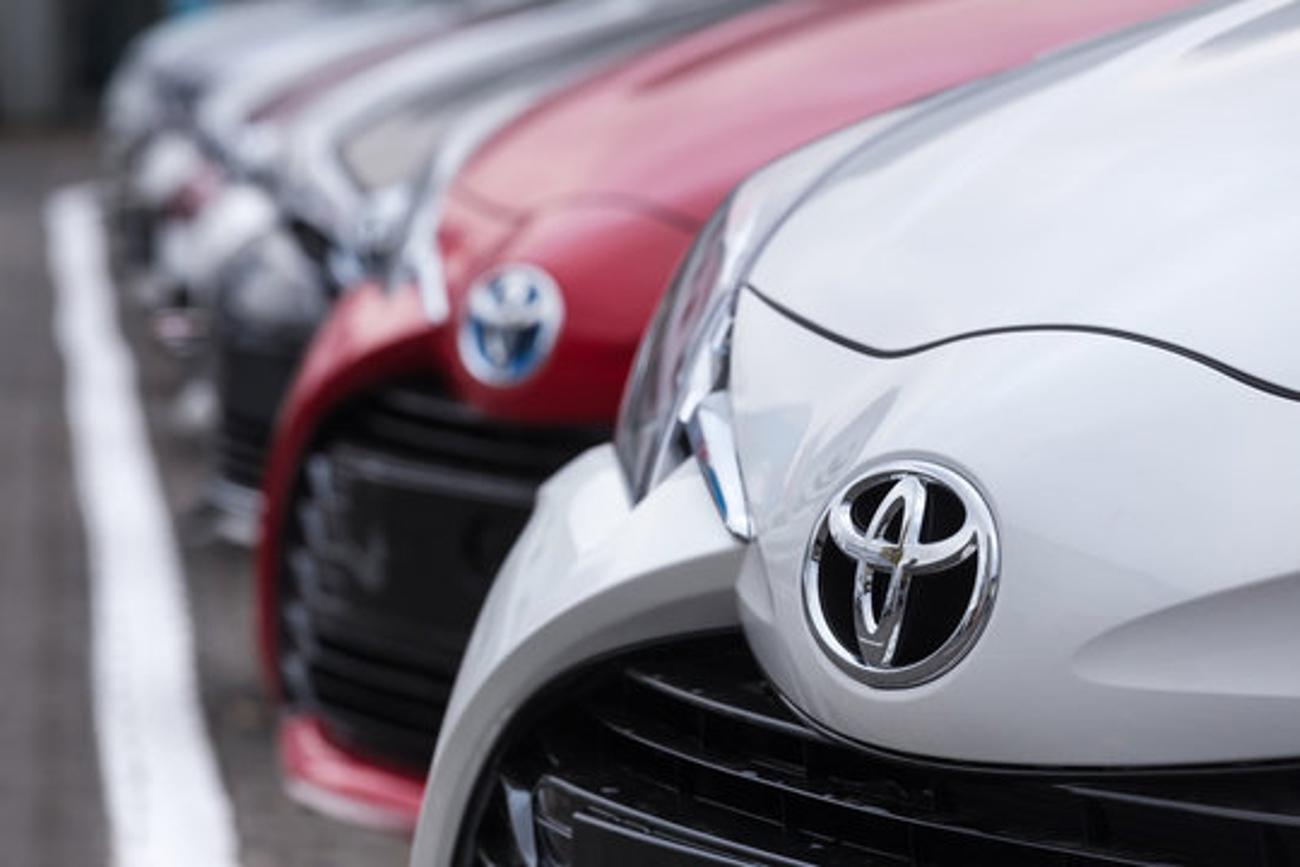
Source: Adobe Stock
Toyota’s chief technology officer, Hiroki Nakajima explained, “Both the batteries for electric vehicles and international combustion engines are important.”
Why Is Toyota's New Engine So Ingenious?
It’s important to understand that while Toyota’s new engine is certainly groundbreaking in the automobile industry for several reasons, one of the most potent benefits is that it is far more environmentally friendly than its gas-powered predecessors.

Source: Reddit
The new engine will be made from fuel cells that turn either hydrogen or bioethanol into energy through a chemical reaction. Which will create far less carbon emissions than a standard engine.
Toyota's Change Could Make a Big Difference in the Fight Against Climate Change
Toyota is one of the world’s largest distributors of hybrid vehicles. Since 2017, the company has sold more than 10 million hybrids around the world. In fact, Toyota has sold more than 6.1 million hybrid Priuses alone.

Source: Freepik
Meaning that if the company was to replace even just the Prius engine with the new sustainable engine, they could save the world from an immense amount of carbon dioxide emissions.
Gas Powered Cars Wreak Havoc on the Environment
The US Environmental Protection Agency (EPA) has reported that 28% of all greenhouse gas emissions in the United States come from transportation.
And 57% of those emissions are produced by gas-powered passenger vehicles. Therefore, by eliminating millions of gas-powered cars, humans could significantly cut down on greenhouse emissions essentially overnight.
Toyota Is Not Alone In Its Quest for a Sustainable Engine
Of course, Toyota wasn’t the only company with the idea to create a new, efficient, and sustainable engine that would cut down on greenhouse gasses.
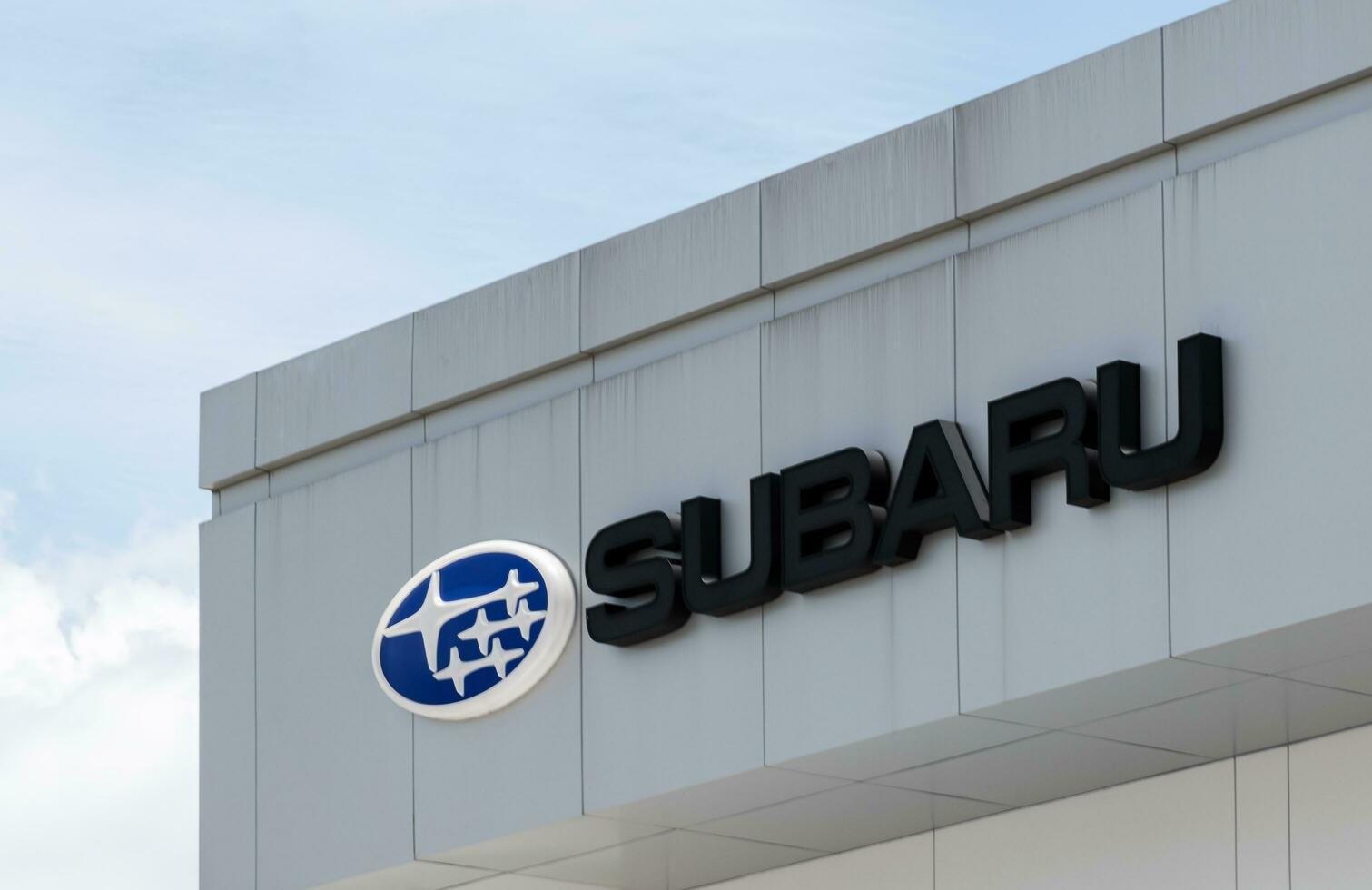
Source: Vecteezy
Several Japanese companies, including Mazda and Subaru are doing the same, and Sato recently told the press that Toyota hopes they can all work together. The CEO said, “Each company wants to win, but we can be faster if we work together.”
Any Bad News Is a Big Deal for Tesla Right Now
Even though Toyota’s announcement may not sound devastating to electric vehicle manufacturers, at this point in time, anything but good news is actually bad news for all-electric companies like Tesla.
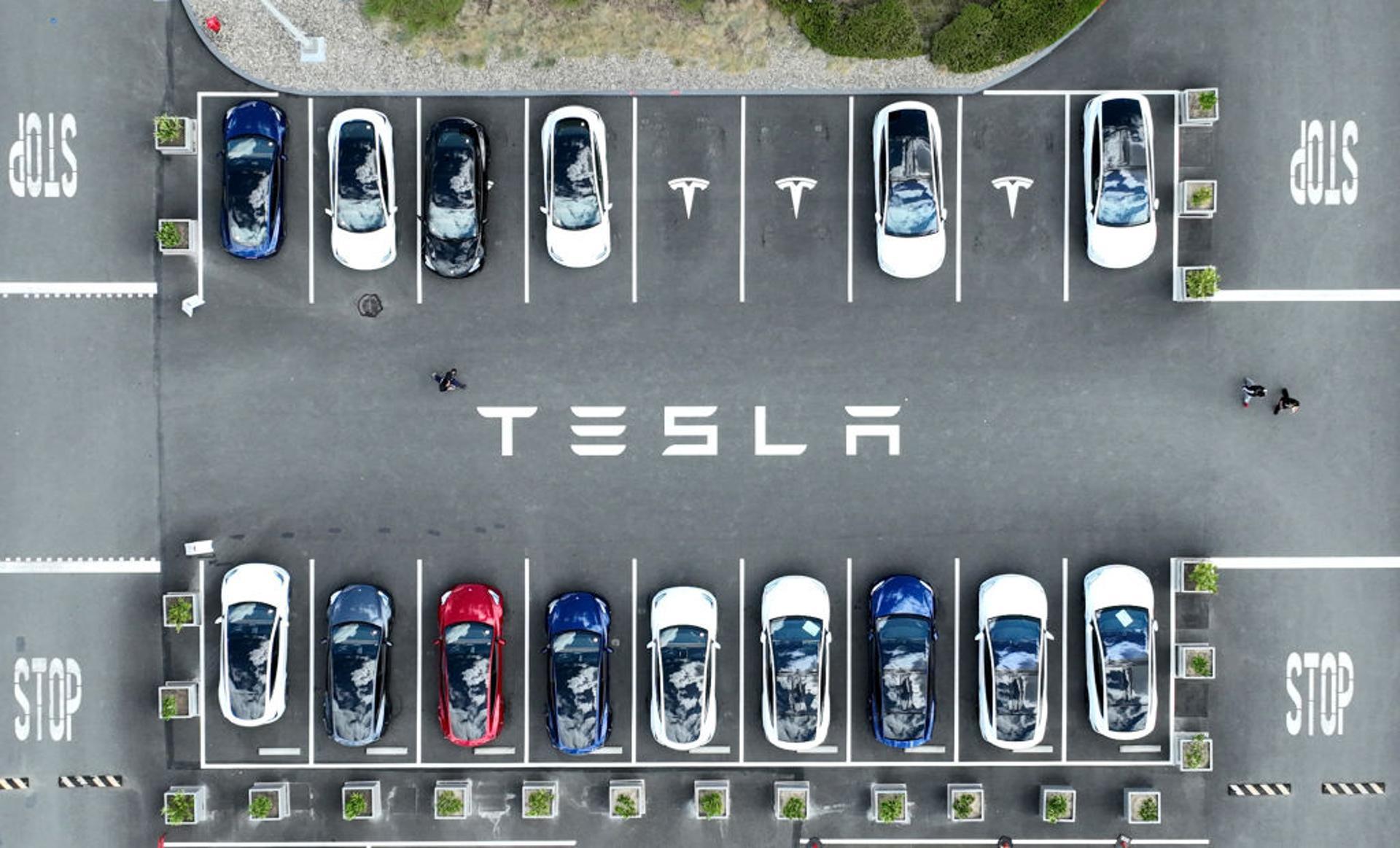
Source: Justin Sullivan/Getty Images
Tesla’s first quarter sales this year were abysmal and the company’s stock has dropped more than 40% since January 1, 2024. Overall, Tesla’s profit margins are the lowest they’ve been in six years, and to combat this issue, the company has laid off almost 20% of its labor force.
Musk Expected a Decline in Sales in 2024
Tesla’s co-founder and leader is none other than the famous multi-billionaire Elon Musk. The controversial businessman told the nation and, of course, his investors, that he expected Tesla’s sales to drop this year, but no one thought it would be by this much.

Source: Apu Gomes/Getty Images
While Tesla is still the leading manufacturer of electric vehicles in the United States, many other companies, such as BMW, GM, and Ford, now have their own fully electric models for sale. Essentially, the consumer now has more options than they did before.
BYD Passed Tesla as the Number One EV Producer
In addition to the US competition, Musk and Tesla are constantly up against China’s EV industry, specifically, its leading company BYD.
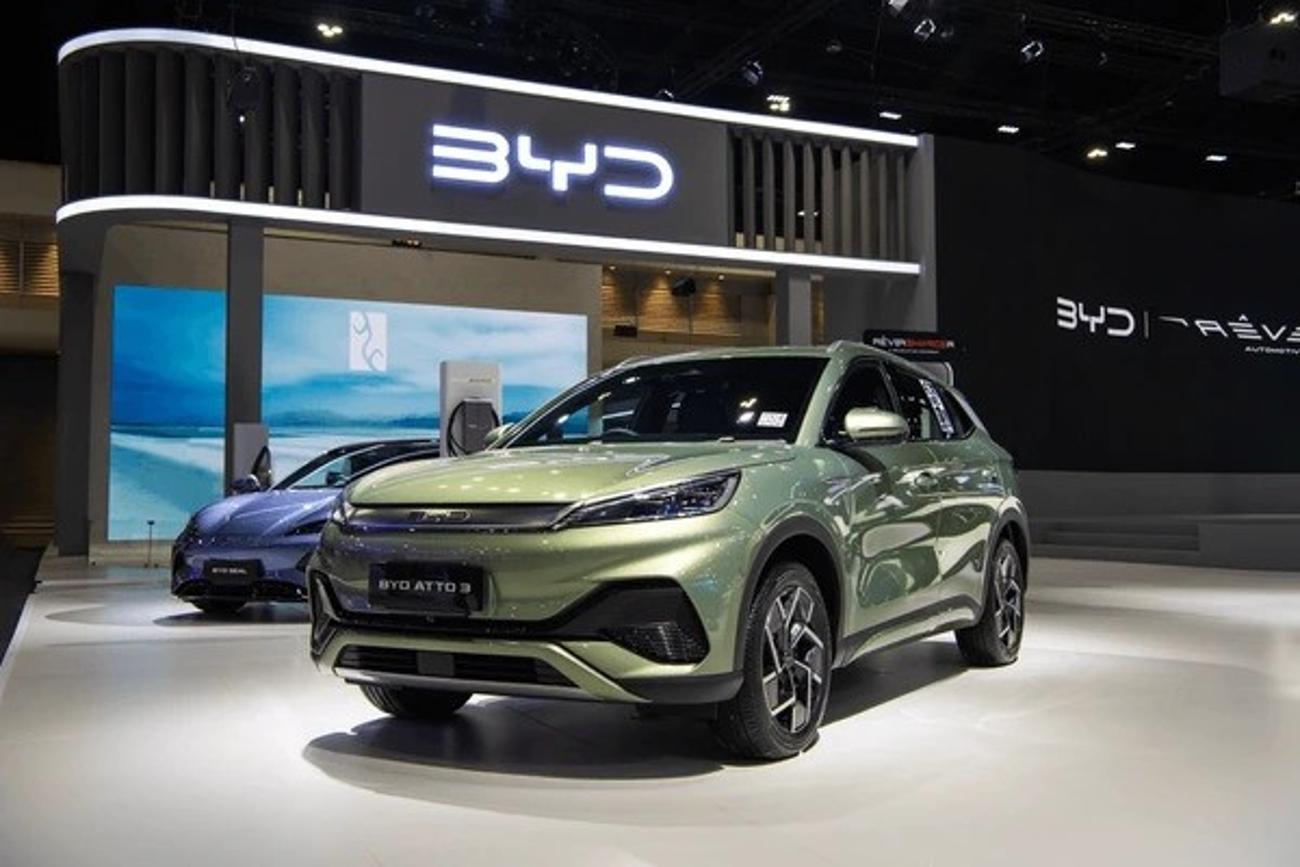
Source: Shutterstock
Musk himself called BYD the “most competitive” company, and noted that it “will have significant success outside of China, depending on what kind of tariffs or trade barriers are established.”
Biden Wants Everyone to Buy American EVs
At this moment in time, electric vehicles or even hybrids are just options alongside traditional gasoline or diesel-powered cars. However, that may not be true in just ten years.
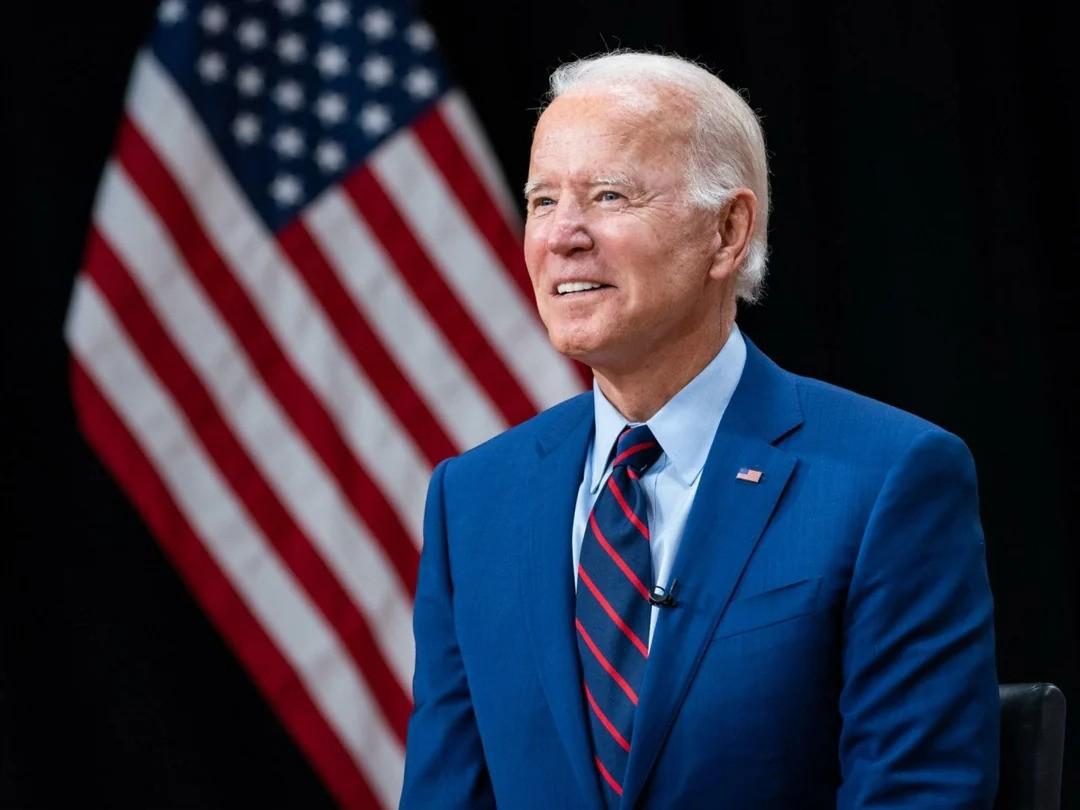
Source: Reddit
US President Joe Biden is determined to remove the vast majority of gas-powered cars from American roads to save the planet from climate change, and he has passed extremely strict EV mandates to make that plan a reality.
Biden Announced 100% Tariffs on Chinese EVs
However, Biden understands that if he simply implements legislation requiring Americans to purchase EVs as their next car, many would choose a Chinese model because it is wildly cheaper than those made in America.
Therefore, President Biden announced in May 2024 that there will now be a 100% tariff on all electric vehicles purchased from China. While one might think that this is fantastic news for Musk and Tesla, he’s actually against the tariff.
Musk Claims He Never Asked for Tariffs on Chinese EVs
Musk said in a statement just last week, “Neither Tesla nor I asked for these tariffs. In fact, I was surprised when they were announced.”

Source: Shutterstock
He continued, “Tesla competes quite well in the market in China with no tariffs and no deferential support. I’m in favor of no tariffs.”
Are Electric Vehicles the Future?
Toyota’s announcement that it will continue designing and building a new line of internal combustion engines, specifically for their hybrid models, begs the question: Are electric vehicles really the future?
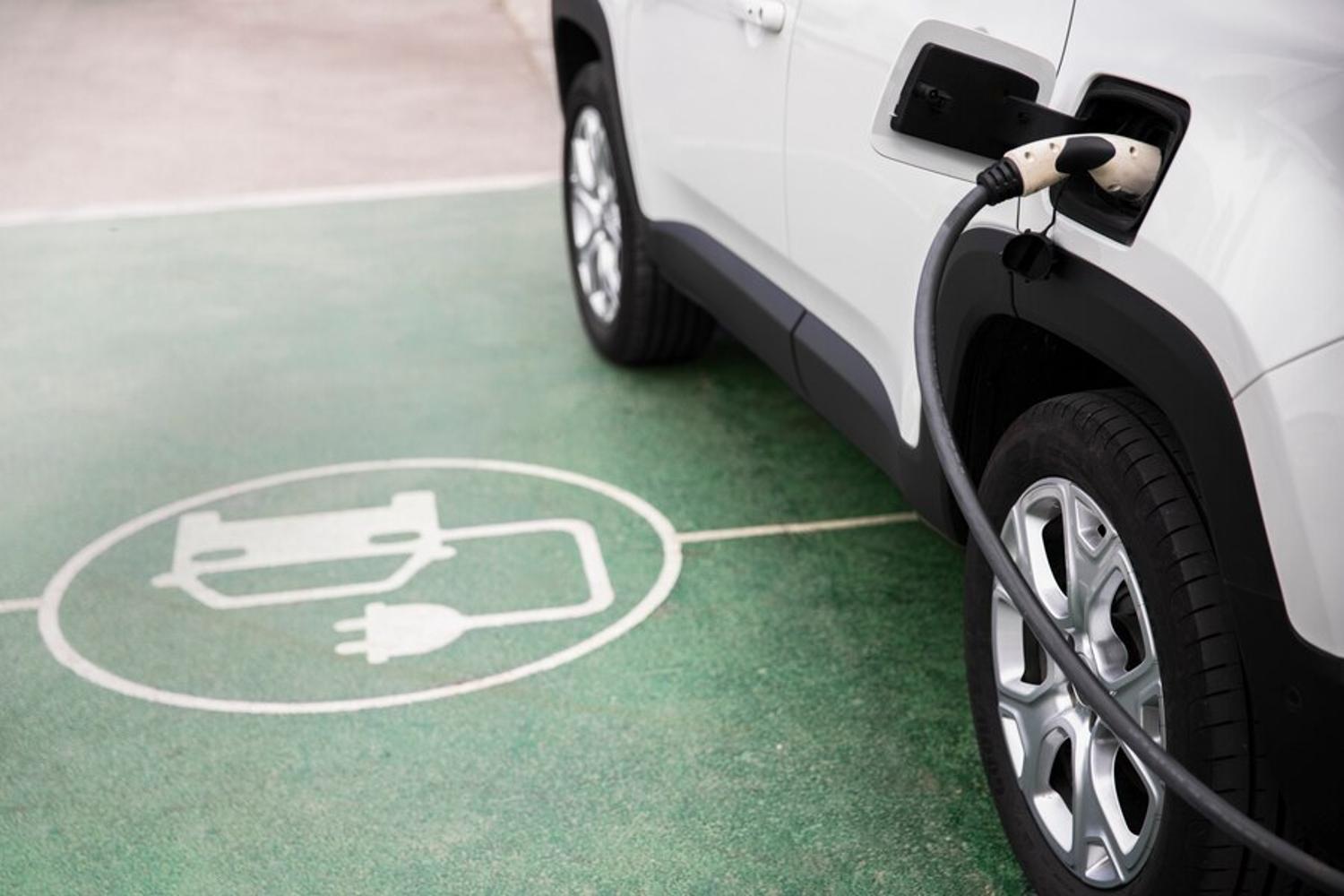
Source: Freepik
It’s truly too soon to say for sure. Biden’s EV mandates do give American auto manufacturing companies the freedom to focus on hybrids as well as fully electric options.
Toyota's Engine Could Allow American Auto Manufacturers to Focus on Hybrids
With Toyota’s new engine, and its collaboration with other auto manufacturers, the new engines could allow American companies to continue building hybrids instead of completely transitioning to fully-electric vehicles.
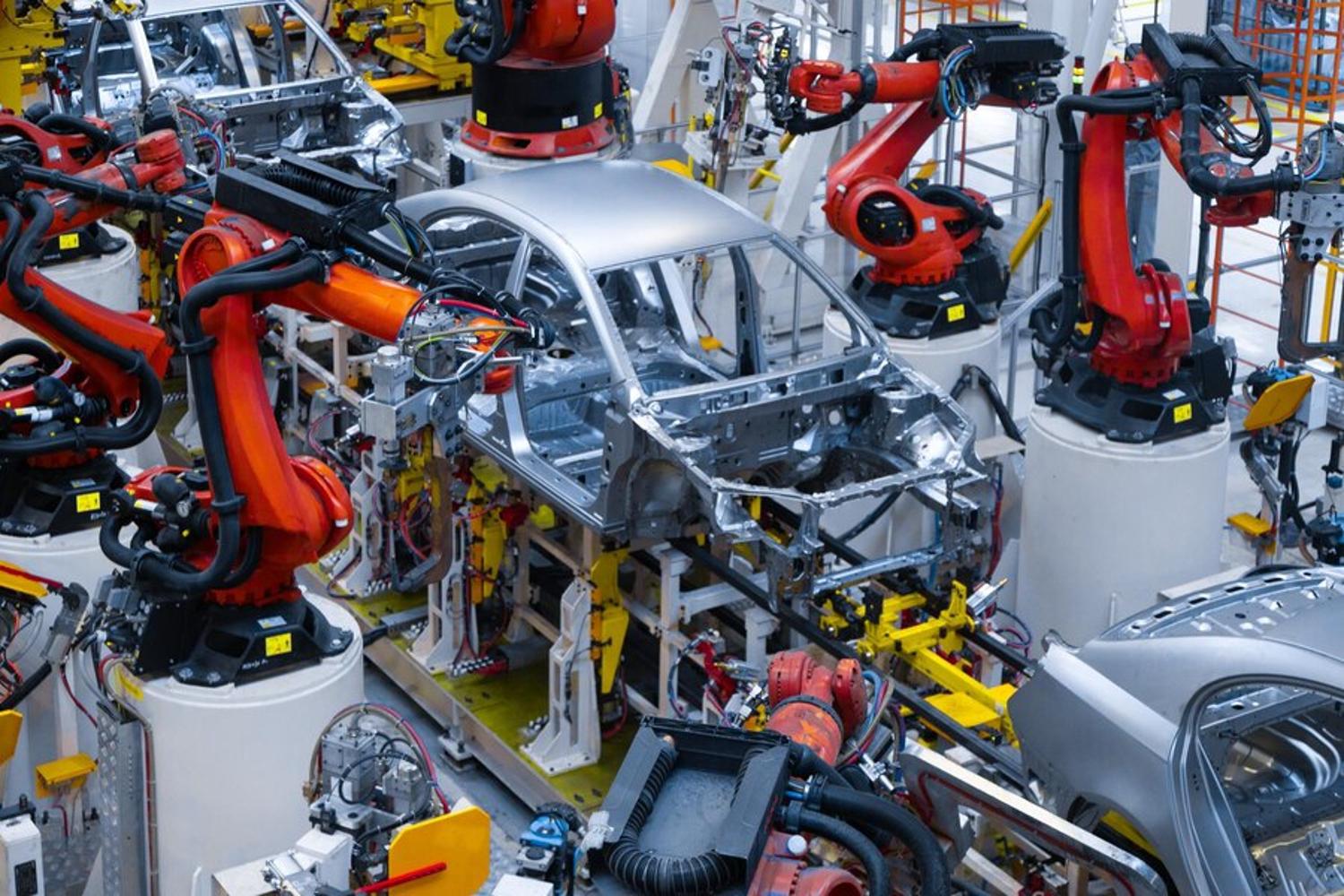
Source: Freepik
And many argue that this avenue would be a better option for both the planet and its people.
Millions of Americans Are Vehemently Against the EV Mandate
Millions of Americans support President Biden and his fight to save the planet from climate change by transitioning the nation to EVs. But there are also millions who disagree with the plan.
Those who oppose the president’s EV mandate argue that it is impractical, expensive, and bad for the economy.
There Are Downsides to Full-Electric Cars
In some ways, these naysayers are not wrong; there are certainly downsides to fully-electric vehicles.
Practically, in order for Americans to all transition to EVs, the government will have to spend billions of dollars on building charging stations all over the country. Something that President Biden promised to do but hasn’t been able to accomplish.
EVs May Destroy the US Auto Manufacturing Market
Additionally, as previously mentioned, American auto manufacturers are struggling to keep up with Biden’s EV plan. Many worry that the entire industry could collapse if the president doesn’t give them more time to adjust.
Therefore, the idea that these companies could instead make hybrid vehicles with Toyota’s “engine reborn” is certainly exciting. If this new technology becomes available for all companies, they could, in fact, save the planet without completely changing their manufacturing systems and existing models.
EVs May Have Had Their Day
It’s too soon to say whether or not Toyota’s new engine will be the future of passenger vehicles in America and around the world.
However, if companies like Ford, GM, and BMW follow Toyota’s lead and put their energy into affordable and efficient hybrids, Musk may be out of a job.
